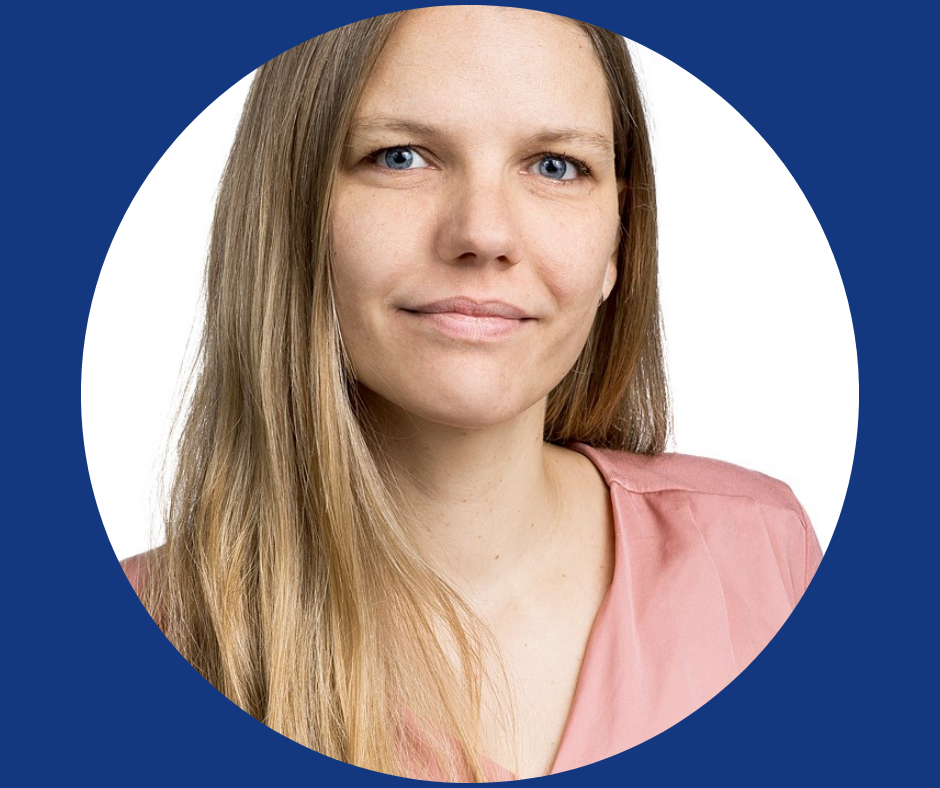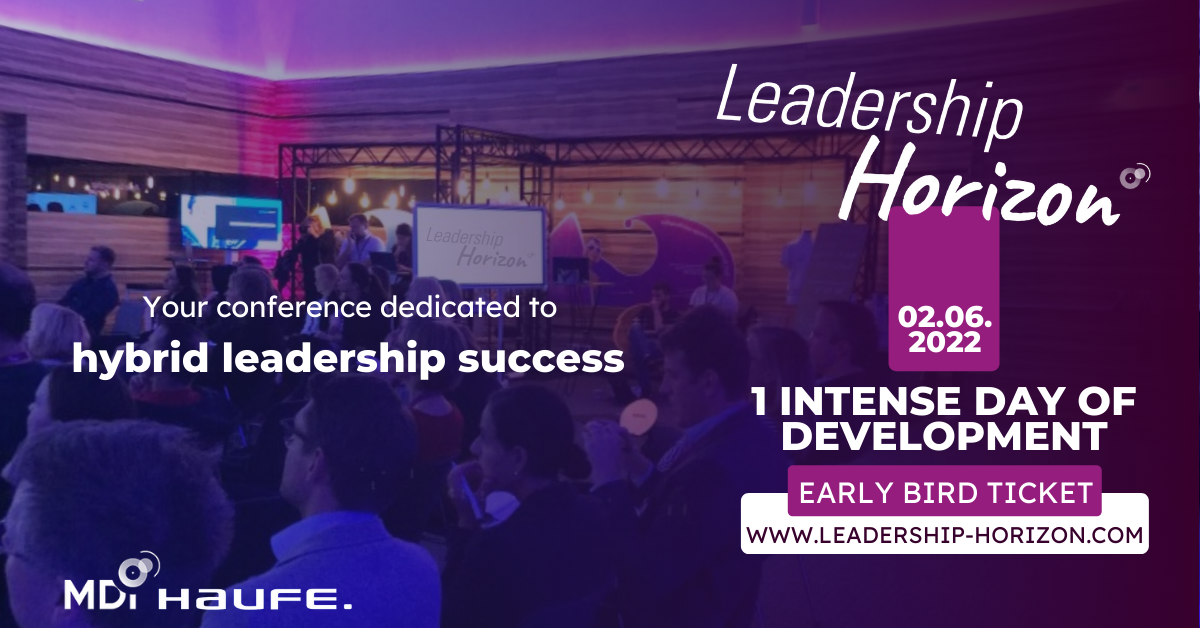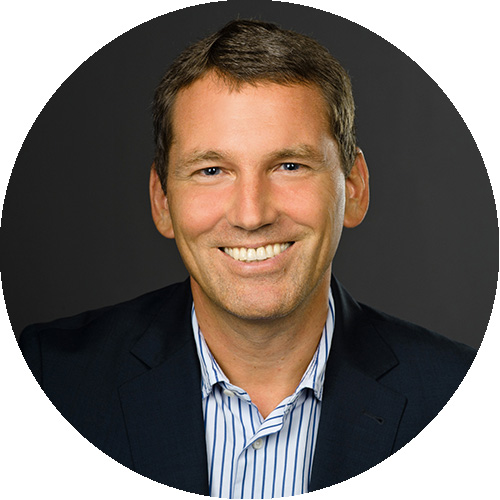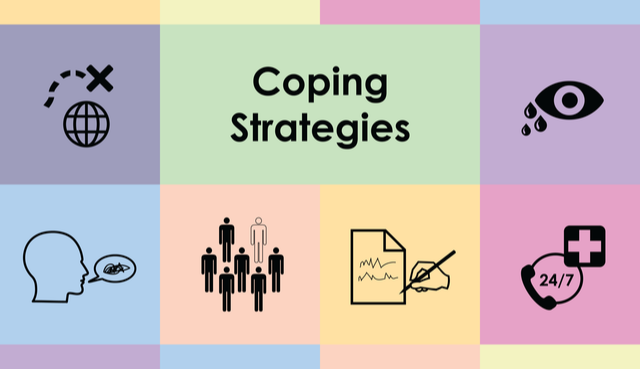
Our journey of becoming CO2 neutral – reasons and tips
MDI is CO2 neutral
The pandemic has made us more thoughtful.
Adult education in presence is connected with traveling. Often these are only short distances, but we also had seminar weeks where participants came together from all over the world. With the Pandemic Lockdowns, we switched to virtual delivery and realized that continuing education is fun and effective this way, too. Of course, it’s not quite the same. Still, we know from several of our customers that they want to continue delivering our programs virtually in the future.
If we conduct about half of the measures online, then
- we reduce the CO2 footprint,
- we save participants’ and trainers’ travel time
- the company saves travel and hotel costs
- we still get the opportunity to meet in person from time to time, exchange ideas, network and have great experiences in the real world.
We don’t want to say goodbye to travel either, as travel itself is an important learning tool. But we are striving for a balance between being present and online. It’s win-win-win!
For the main lever travel, we want to make sure that
- when choosing the means of travel, we give higher priority to the ecological impact than to personal convenience, e.g. public transport whenever possible.
- the location of the seminar is deliberately chosen in order to optimize the average travel time of the participants.
- the relation of travel expenses to implementation time is taken into account, e.g. a 2-day module instead of 4 half-days. Or if it has to be half-days, that these are, if possible, arranged in such a way that the trainer can supervise several groups one after the other.
Online meetings also cost energy and cause a CO2 footprint
but significantly less than most face-to-face meetings. While energy use could be reduced by switching away video, we strongly discourage this, at least for seminars.
Good video and audio transmission is what makes online seminars a truly effective alternative and prevents unnecessary travel. But here, too, we see a few levers we can pull:
Tips for hosting more sustainable online meetings
- Video quality does not have to be excessive.
- People who are in the same office can get together in one room and have a hybrid conference with the online participants.
- The choice of technology has a massive impact on energy consumption: using a fiber optic line is several times more environmentally friendly than using 3G mobile Internet, for example.
Despite all efforts, MDI produces an annual CO2 emission of 119 tons.
To neutralize this, we support the following projects
- We have neutralized our greenhouse gas emissions by purchasing certificates from the “VCS & CCBS Forest Conservation Brazil” project. Here we support the strict monitoring of the management of forests in Para.
- In addition, we also wanted to do something at our site. So we also signed a bee patronage and are privileged to enjoy the honey of our bees as well.
MDI’s vision is to work on a sustainable leadership culture for a better world.
For us, sustainability includes several aspects, but ecology is a very central one. Growth can no longer be the main paradigm of economic activity. Renewable resources and the calculation of long-term environmental costs should be natural components of any corporate strategy.
As an executive development institute, we see ourselves as having a special responsibility here. In the sense of Walk the Talk, CO2 neutrality is actually an overdue requirement for us.
Authors:

Gunther Fürstberger
CEO , MDI Management Development International
Gunther Fürstberger is a management trainer, book author and CEO of MDI, a global leadership development institute and managing director of Metaforum. His core competence is leadership in the digital transformation. He gained his own leadership experience as HR manager of McDonald’s Central Europe/Central Asia, among others.

Alexandra Eichler
Senior Project Management & Management Assistance & Office Management
Alexandra Eichler is not only a Senior Project Management, Management Assistance & Office Manager. At the same time, she is passionate about sustainability and demonstrates it throughout the MDI office. She has led the major Co2 neutrality project and completed it at record speed, setting many steps towards a more sustainable mdi.






















